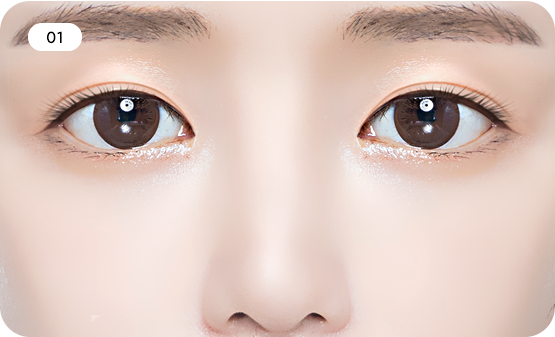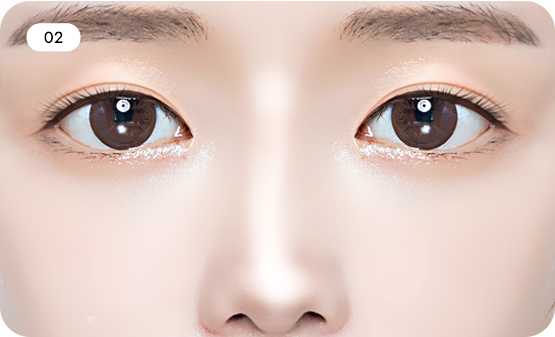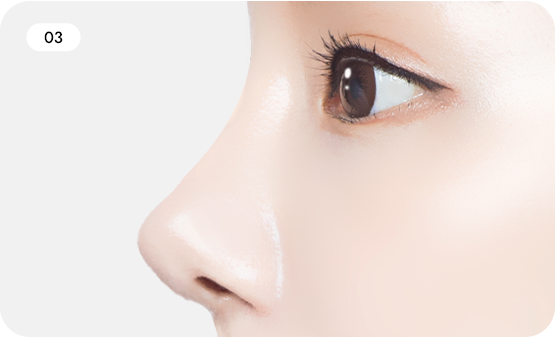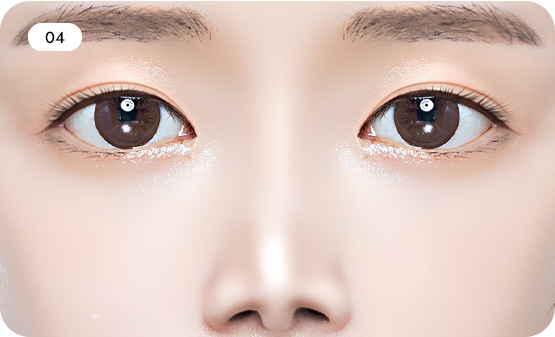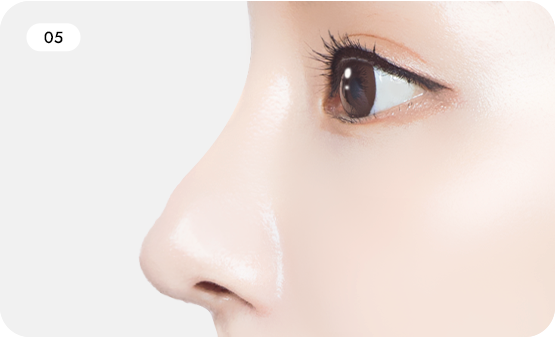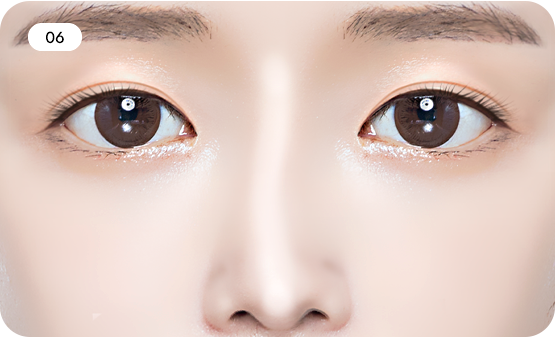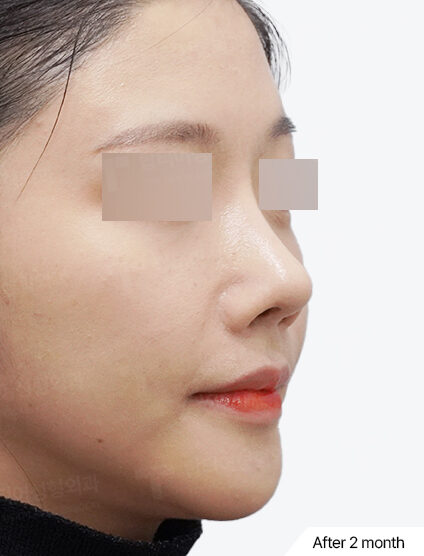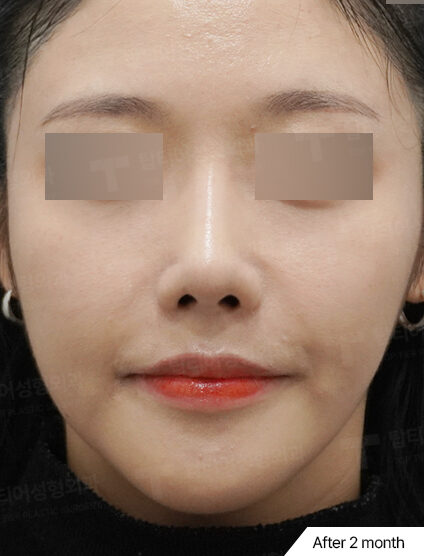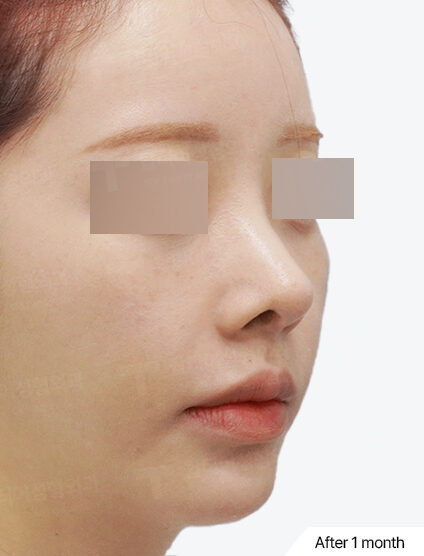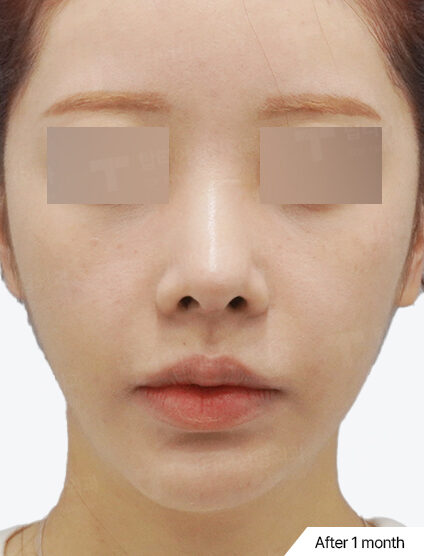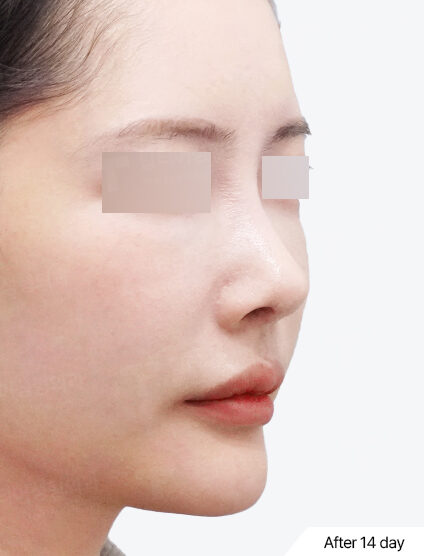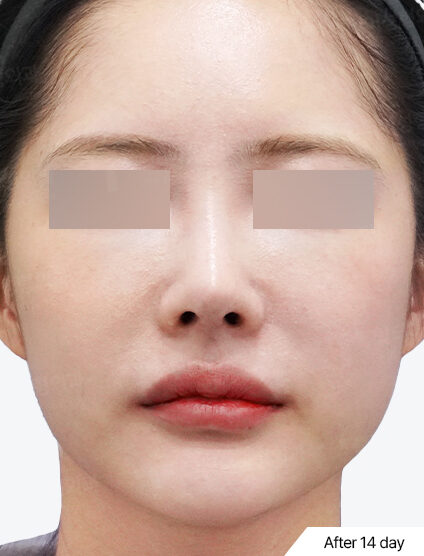Back To a Natural, Harmonious Nose Line!

Your Final Rhinoplasty Journey to the Perfect Nose
TOP TIER Revisional Rhinoplasty
TOP TIER Revisional Rhinoplasty carefully identifies the reasons why previous surgeries have failed,
to focus on creating the perfect nose shape for you. Make your last rhinoplasty a success with TOP TIER.
- #IdealNoseShape
- #NaturalNose
- #BalancedProfile
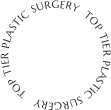

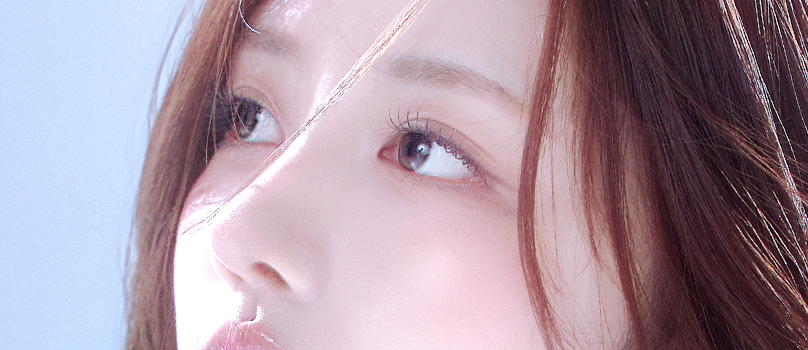
SURGERY INFORMATION
Procedure Time
1 hour and 30 minutes to 2 hours
Anesthesia
Sedation
Hospitalization
Not required
Stitch Removal
Twice (at 5 to 7 days and at 12 to 14 days after the procedure)
Office Visit
2 to 3 times
Recovery Time
1 to 2 weeks for normal daily activities
Procedure Time
1 hour and 30 minutes to 2 hours
Anesthesia
Sedation
Hospitalization
Not required
Stitch Removal
Twice (at 5 to 7 days and at 12 to 14 days after the procedure)
Office Visit
2 to 3 times
Recovery Time
1 to 2 weeks for normal daily activities
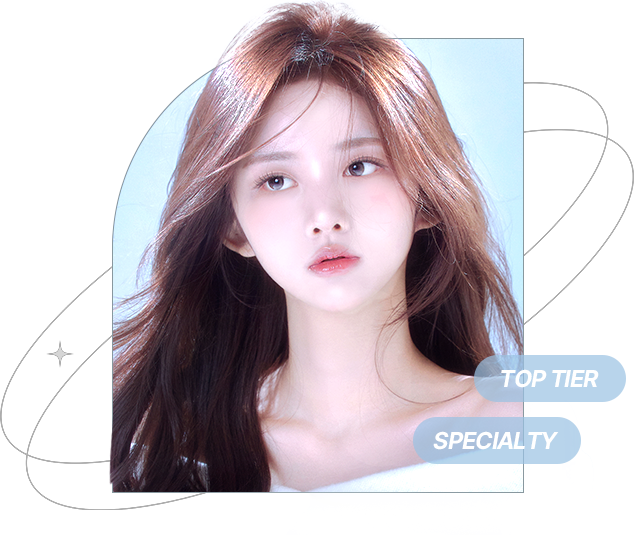
TOP TIER
TOP TIER Revisional Rhinoplasty
Based on a Thorough Analysis of the Previous Surgery
Accurate Diagnosis and a Satisfying Nose Shape!
Revision rhinoplasty may be necessary if your post-surgical results differ from your desired outcome, or if you notice unnatural changes such as a crooked appearance, an upturned or pinched tip, altered nostril shape, or an overly sharp or harsh look.
Flawless Final Rhinoplasty
TOP TIER Revisional Rhinoplasty
CHECK POINT
Nose revision surgery01

Thorough Analysis of Prior Surgical Complications
Rhinoplasty has a high rate of revision, with many patients requiring 2–3 revision surgeries or more. Common reasons for revisions include the initial surgeon failing to diagnose the condition accurately, insufficiently understanding the patient’s facial features, or inadequate surgical planning. At TOP TIER Plastic Surgery, we carry out in-depth consultations to fully assess the patient’s condition. Using 3D CT scans and advanced camera techniques, we precisely diagnose the issues from previous surgeries. Based on this analysis, we create a tailored surgical plan to achieve a successful revision.
Nose revision surgery02
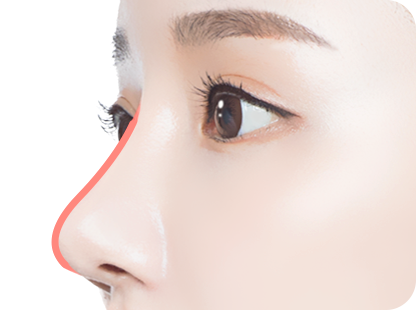
Restoring Damaged Nasal Structures
The high rate of third or fourth revision rhinoplasty, compared to other procedures, is often due to previous surgeries failing to restore the proper nasal structures, opting for temporary solutions instead. At TOP TIER Plastic Surgery, we prioritize fully restoring the damaged nasal structures, even if it requires more time during the procedure, in order to create a stable and long-lasting nose that maintains its form over time with minimal distortion.
Nose revision surgery03
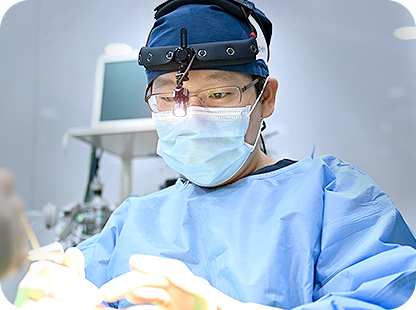
Reusing Existing Cartilage and Autologous Tissue
In rhinoplasty revisions, it’s often possible to reuse the cartilage from the initial surgery, yet many procedures still involve harvesting new autologous cartilage for various reasons. At TOP TIER Plastic Surgery, we make every effort to reuse the existing cartilage as much as possible, avoiding unnecessary cartilage extraction to ensure a safer and more efficient surgery.
Flawless Final Rhinoplasty
TOP TIER Revisional Rhinoplasty
CHECK POINT
Nose revision surgery01

Nose revision surgery01
Thorough Analysis of Prior Surgical Complications
The high rate of third or fourth revision rhinoplasty, compared to other procedures, is often due to previous surgeries failing to restore the proper nasal structures, opting for temporary solutions instead. At TOP TIER Plastic Surgery, we prioritize fully restoring the damaged nasal structures, even if it requires more time during the procedure, in order to create a stable and long-lasting nose that maintains its form over time with minimal distortion.
Nose revision surgery02

Nose revision surgery02
Restoring Damaged Nasal Structures
The high rate of third or fourth revision rhinoplasty, compared to other procedures, is often due to previous surgeries failing to restore the proper nasal structures, opting for temporary solutions instead. At TOP TIER Plastic Surgery, we prioritize fully restoring the damaged nasal structures, even if it requires more time during the procedure, in order to create a stable and long-lasting nose that maintains its form over time with minimal distortion.
Nose revision surgery03

Nose revision surgery03
Reusing Existing Cartilage and Autologous Tissue
In rhinoplasty revisions, it’s often possible to reuse the cartilage from the initial surgery, yet many procedures still involve harvesting new autologous cartilage for various reasons. At TOP TIER Plastic Surgery, we make every effort to reuse the existing cartilage as much as possible, avoiding unnecessary cartilage extraction to ensure a safer and more efficient surgery.
Addressing Nasal Issues Caused by Previous Surgery Failures
TOP TIER Revisional Rhinoplasty Process
BEFORE & AFTER
Please note that post-treatment issues, such as bleeding, infection, and inflammation, may vary among individual patients.
-
BEFORE
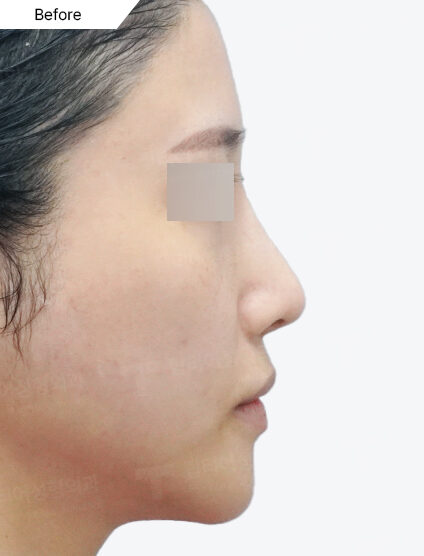
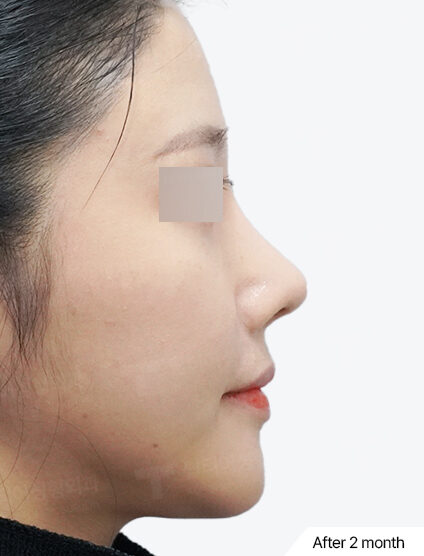 Revisional Rhinoplasty
Revisional Rhinoplasty -
BEFORE
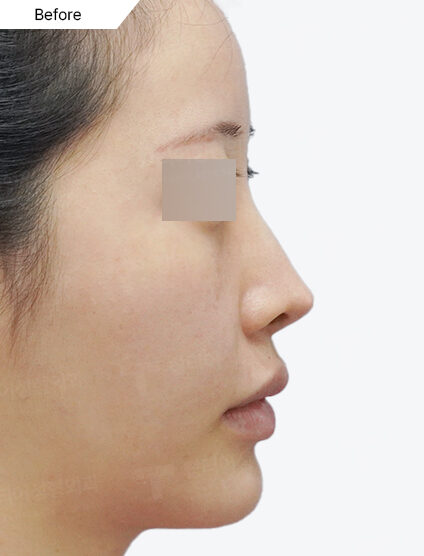
 Revisional Rhinoplasty
Revisional Rhinoplasty -
BEFORE
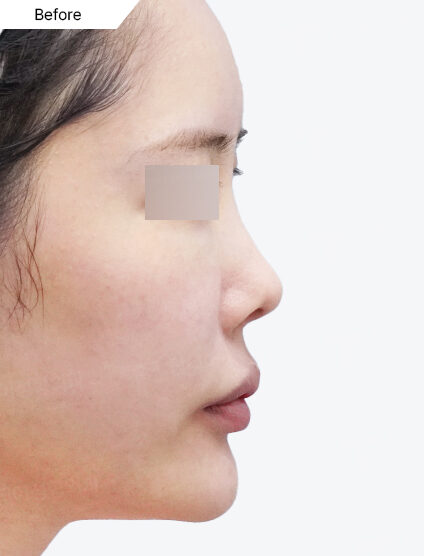
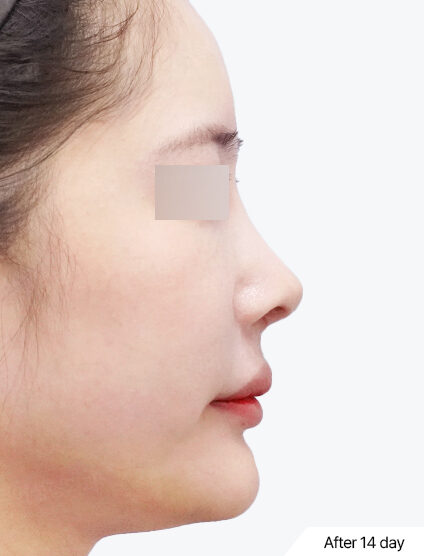 Revisional Rhinoplasty
Revisional Rhinoplasty
















































